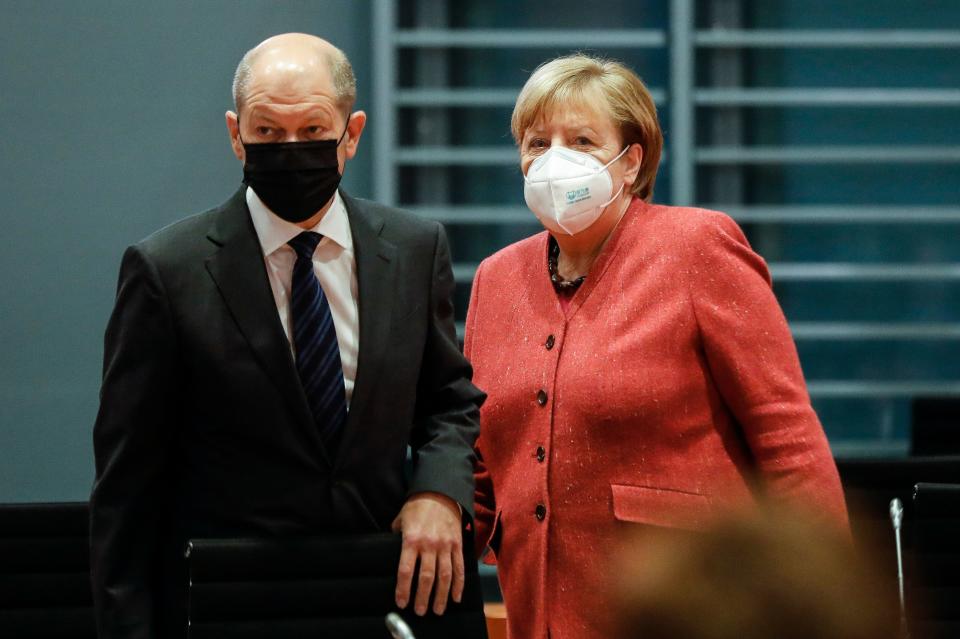German companies could get €22bn coronavirus aid in 2021

Germany is set to spend €22bn ($26bn, £19.8bn) in coronavirus relief for firms in the first half of 2021.
The aid will be used to help keep self-employed people and businesses stay afloat from January through to June 2021, as the COVID-19 impact extends into next year.
Berlin’s coronavirus aid package to compensate companies affected by lockdown measures comes to the sum of €14bn for November. The German government had initially hoped to pay out €10bn.
The German government’s council of economic advisers expects Europe’s biggest economy to shrink slightly after a strong economic output over the summer. But, the second coronavirus wave is expected to have an adverse effect on growth at the beginning of 2021.
At the moment, German firms can get up to €200,000 a month to cover overheads such as rent. Meanwhile self-employed people can get up to €5,000 a month.
On Thursday, Germany’s finance minister Olaf Scholz said that the economic powerhouse has enough fiscal power to release more stimulus measures to curb the impact of the pandemic, if needed.
Scholz also said that the nation planned to borrow more than €300bn in total this year and in 2021. The finance minister said Germany needs to carefully consider which relief measures to fund.
READ MORE: BioNTech: The German company behind the potential first COVID-19 vaccine
Germany, which managed to get the initial surge of the pandemic in check during March and April this year, is now in the midst of a severe second wave.
It hit a daily coronavirus record with 23,542 cases on Friday.
With the second-oldest population in the world, after Japan, many citizens in the country are particularly vulnerable to COVID-19.
While it isn’t in a full national lockdown it has introduced strict partial lockdown measures, which it plans to extend into December.
Meanwhile, Brussels-based think tank, Bruegel said Germany has been able to offer 8.3% of its economic output in support for coronavirus financial relief.
In comparison, the US has given 9.1% of its economic output in coronavirus aid packages.
Watch: DIW Berlin’s Fratzscher on German Economic Recovery, Covid-19

 Yahoo Finance
Yahoo Finance 